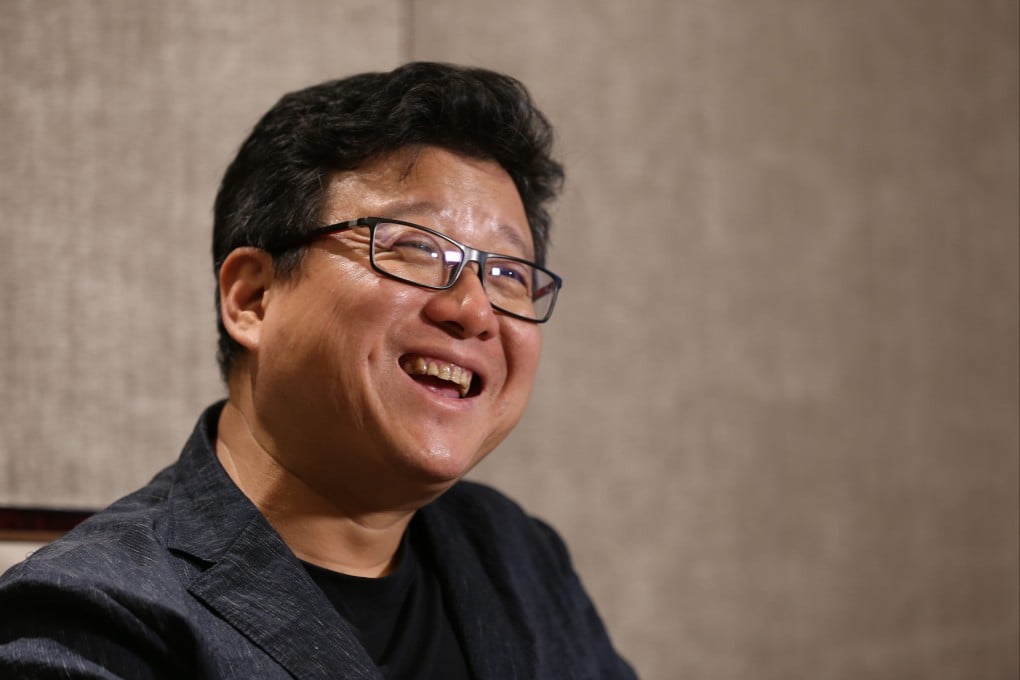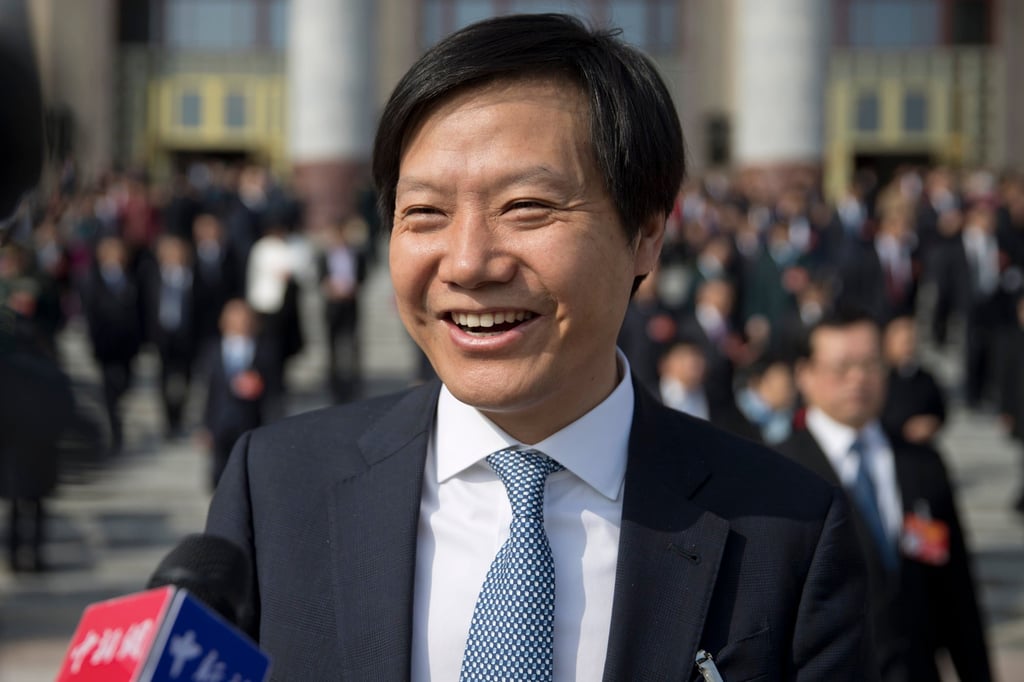Advertisement
NetEase’s William Ding and Xiaomi’s Lei Jun relinquish corporate roles at video gaming entities amid tightened regulation
- The respective chief executives of NetEase and Xiaomi have stepped down from their main roles at the companies’ related video gaming entities
- The moves from part of a growing trend of Chinese Big Tech leaders moving away from front-office roles amid Beijing’s tightened scrutiny
Reading Time:2 minutes
Why you can trust SCMP

William Ding Lei, founder of China’s second-largest video gaming company NetEase, has relinquished his roles as legal representative and executive chairman of one of the firm’s gaming affiliates, according to information from business registration tracking platform Tianyancha.
Ding’s retreat from Shanghai NetEase Network Technology Development Limited comes days after it emerged that Lei Jun, founder of smartphone giant Xiaomi, was no longer the chief executive of the company’s gaming unit, Beijing Wali Internet Technologies Co.
NetEase and Xiaomi did not immediately respond to the requests for comment on Tuesday.
Advertisement
The moves come as China’s video gaming industry faces the growing scrutiny of Beijing, as well as increasingly fierce competition.

While regulators ended their eight-month freeze of new game licences in April, the pace of approvals has significantly slowed down from a year ago. NetEase, along with the country’s largest gaming company Tencent Holdings, has yet to gain a single new licence this year.
Advertisement
Last month, NetEase said it would indefinitely postpone the launch of the highly anticipated Diablo Immortal mobile game in mainland China.
Advertisement
Select Voice
Select Speed
1.00x